Acquiring a business — whether through a share purchase, asset acquisition, or merger — represents a significant financial and operational commitment. While a deal may appear commercially attractive on the surface, undisclosed liabilities, regulatory breaches, or financial inconsistencies can turn a promising acquisition into a costly mistake.
This is where a thorough due diligence process becomes essential. It’s not just about validating what the seller presents; it’s about uncovering hidden risks, verifying legal and financial accuracy, and ensuring that the transaction aligns with the buyer’s strategic objectives.
At Vanice Advisory, we work with business owners, investors, and high-net-worth individuals (HNWIs) to conduct comprehensive due diligence, safeguarding our clients from unforeseen post-acquisition complications. Below, we outline a practical Due Diligence Checklist for buyers preparing to evaluate a business acquisition.
Why Due Diligence Matters
Conducting proper due diligence before acquiring a company helps to:
- Identify potential legal, financial, operational, and tax risks.
- Verify the true financial and operational performance of the business.
- Ensure compliance with statutory, tax, and employment regulations.
- Determine the accuracy of asset valuations and liabilities.
- Confirm the ownership of intellectual property, contracts, and customer relationships.
- Support accurate business valuation and deal structuring.
Neglecting this process can result in post-deal disputes, financial losses, and regulatory penalties.
Comprehensive Due Diligence Checklist
Corporate and Legal Documentation
- Company incorporation documents (Constitution, Business Profile, ACRA filings).
- Registers of directors, shareholders, and secretaries.
- Share certificates and shareholder agreements.
- Minutes of board meetings and Annual General Meetings (AGMs).
- Details of subsidiaries, branches, or affiliated entities.
- Ongoing litigation, legal claims, or regulatory investigations.
Financial Due Diligence
- Audited financial statements for the last 3–5 years.
- Latest management accounts, cash flow statements, and balance sheets.
- Accounts receivable and payable ageing reports.
- Tax filings, GST records, and correspondence with the Inland Revenue Authority of Singapore (IRAS).
- Details of contingent liabilities and off-balance-sheet obligations.
- Loan, debt, and credit facilities agreements.
- Bank statements and reconciliations.
Operational Due Diligence
- Organisation chart and employment contracts.
- Key employee profiles, benefits, and outstanding entitlements.
- Sales pipeline, order books, and customer contracts.
- Supplier agreements and procurement contracts.
- Inventory records and stock valuations.
- Details of business licences, permits, and industry-specific regulatory approvals.
Tax and Compliance Due Diligence
- Confirmation of tax clearance certificates.
- Review of corporate tax, withholding tax, and GST filings for accuracy.
- Compliance with licensing, industry regulations, and employment laws.
- Review of annual return filings, corporate secretarial records, and ACRA compliance status.
- Existing or potential tax disputes, audits, or outstanding liabilities.
Intellectual Property and Legal Rights
- Trademark registrations, patents, copyrights, and domain names.
- Software licences and proprietary technology agreements.
- Confidentiality, non-disclosure, and non-compete agreements with staff and partners.
- IP assignment records and usage rights verification.
Commercial and Market Due Diligence
- Review of market positioning, competitors, and industry trends.
- Assessment of key customer contracts, recurring revenue, and retention rates.
- Analysis of major suppliers and exclusivity agreements.
- Evaluation of the business’s brand reputation, social media presence, and digital assets.
Environmental, Social, and Governance (ESG) Considerations
- Review of workplace health and safety records.
- Environmental permits and compliance history.
- ESG policies, certifications, and incident reports (if applicable).
- Employee welfare, diversity, and social responsibility programmes.
How Vanice Advisory Supports Buyers
At Vanice Advisory, we provide buyers with structured, thorough, and discreet due diligence support tailored to the size, industry, and complexity of the transaction. Our M&A advisory team works alongside legal, tax, and operational specialists to deliver:
- Full Legal and Corporate Secretarial Review
Verification of all statutory records, filings, and compliance status with ACRA and regulatory authorities. - Financial Due Diligence Analysis
Review of financial statements, tax filings, and transactional records to validate business viability. - Deal Structuring and Risk Mitigation Advisory
Structuring share purchases or asset acquisitions for optimal tax and operational outcomes. - Post-Deal Compliance Support
Managing post-acquisition compliance, regulatory filings, and statutory documentation updates.
By leveraging our experience, corporate governance expertise, and AI-enhanced compliance tools, we help business buyers make informed decisions with confidence.
Final Thoughts
An acquisition is one of the most consequential business decisions a buyer can make. Thorough due diligence ensures you acquire not only the business’s assets and profits but also a clear understanding of its risks, obligations, and growth potential.
Whether you’re acquiring a private company, an investment holding entity, or expanding your family office’s commercial interests, Vanice Advisory is ready to support your due diligence, deal structuring, and post-transaction compliance needs.
For M&A advisory or due diligence enquiries, contact us at vanice@vaniceadvisory.com.

